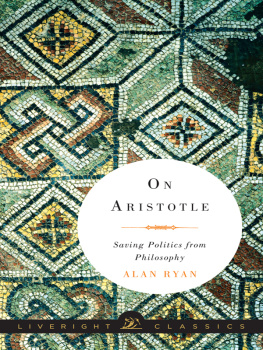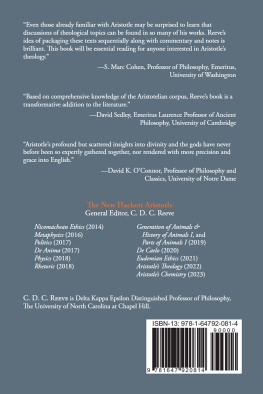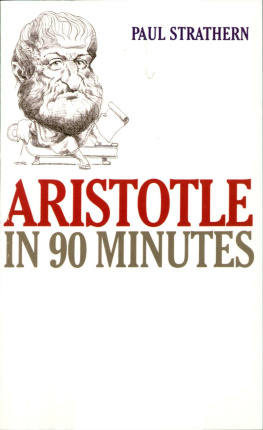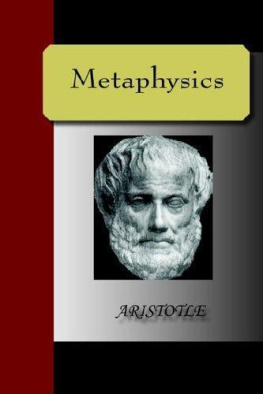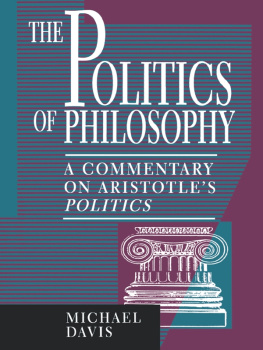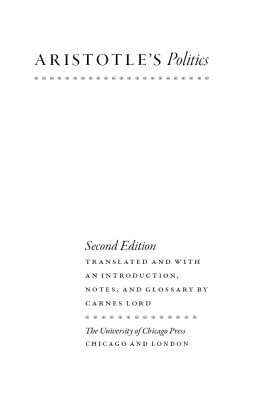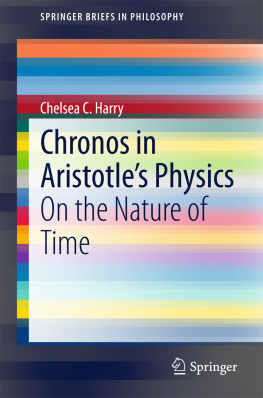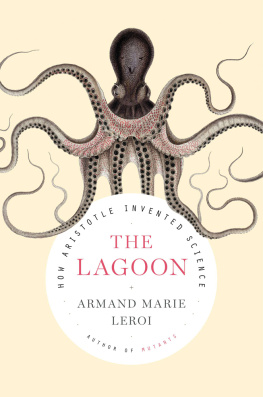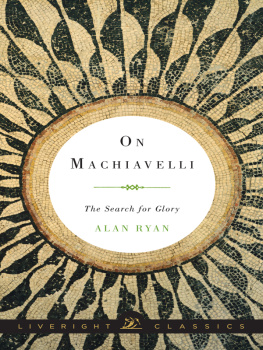
On Machiavelli: The Search for Glory
On Politics: A History of Political Thought:
From Herodotus to the Present
Liberal Anxieties and Liberal Education
John Dewey and the High Tide of American Liberalism
Bertrand Russell: A Political Life
Property
Property and Political Theory
J. S. Mill
The Philosophy of the Social Sciences
The Philosophy of John Stuart Mill

Copyright 2014, 2012 by Alan Ryan
Portions previously published in On Politics: A History of Political Thought: From
Herodotus to the Present
All rights reserved
Printed in the United States of America
First Edition
For information about permission to
reproduce selections from this book,
write to Permissions, Liveright Publishing Corporation,
a division of W. W. Norton & Company, Inc.,
500 Fifth Avenue, New York, NY 10110
For information about special discounts for bulk
purchases, please contact W. W. Norton Special Sales at
specialsales@wwnorton.com or 800-233-4830
Book design by Ellen Cipriano
Production manager: Anna Oler
ISBN 978-0-87140-706-1
ISBN 978-0-87140-749-8 (e-book)
Liveright Publishing Corporation
500 Fifth Avenue, New York, N.Y. 10110
www.wwnorton.com
W. W. Norton & Company Ltd.
Castle House, 75/76 Wells Street, London W1T 3QT
CONTENTS


I N THE INTRODUCTION TO On Politics, I suggested that one measure of the books success would be the readers who went and read the works of the authors I discussed. Some readers suggested that I might encourage them to do so by taking chapters of On Politics and adding to them substantial extracts from the works I hoped they would read. What follows is exactly that, with a short introduction to provide some of the context that the chapters original placement in On Politics would have provided. As before, I am grateful to Bob Weil and William Menaker at Liveright, as well as to the Norton production team, for their help in making an authors life as easy as it can plausibly be made.

ca. 594 | Solons reforms; creation of first coinage |
| Peisistratus becomes tyrant |
| Peisistratus succeeded by his sons |
| Birth of Aeschylus (d. 456) |
| Expulsion of the Peisistratid tyrants |
508/6 | Institution of Athenian democracy by Cleisthenes |
| Revolt of Miletus and other cities in Asia Minor (crushed 494) |
| Birth of Sophocles (d. 406) |
| Invasion of Greece by the great king Darius |
| Athenian hoplites defeat Persians in Battle of Marathon |
| Birth of Euripides (d. 406) |
| Ostracism of Aristides the Just |
| Invasion of Greece by the Persian great king Xerxes; Battle of Thermopylae; Battle of Salamis |
| Battle of Plataea; end of Persian invasion |
| Expansion of democracy under Ephialtes |
| Intermittent warfare between Athens and Sparta (to 445) |
| Ascendancy of Pericles (d. 429); birth of Thucydides (d. 400) |
| Treasury of the Delian League moved to Athens |
| Beautification of the Acropolis; Parthenon begun |
| Thirty Years Peace agreed between Athens and Sparta |
| Beginning of Peloponnesian War |
| Plague in Athens |
| Birth of Plato |
| Peace of Nicias agreed for fifty years |
| Massacre and enslavement of the Melians |
| Sicilian expedition; ends in disaster in 413 |
| Oligarchy of the four hundred |
| Peloponnesian War ends in Athenian defeat; installation of Thirty Tyrants |
| Restoration of democracy |
| Execution of Socrates |
| Birth of Aristotle at Stagira in Macedon |
| Plato establishes the Academy |
| Theban victory in Battle of Leuctra breaks Spartas grip on central Greece |
| Aristotle arrives at Athens and enrolls in Platos Academy |
| Battle of Mantinea further weakens Sparta; death of Epaminondas disables Theban attempts at hegemony |
| Republic written by Plato |
| Philip II becomes king of Macedon |
| Birth of Alexander the Great |
| Laws written shortly before the death of Plato; Aristotle leaves Athens |
| Aristotle becomes tutor to Alexander |
| Philip II defeats Greek alliance at Chaeronea, becomes hegemon over Greece |
| Philip of Macedon murdered; Alexander prepares invasion of Persia |
| Aristotle returns to Athens and founds the Lyceum |
| Alexander dies at Babylon |
| Aristotle dies on island of Euboea; Athenian fleet defeated at Battle of Amorgos; Demosthenes commits suicide |

A RISTOTLE WROTE HIS TREATISE on political systems during the last years of Athenian democracy, or more exactly, during the last years in which Athens existed as a fully independent sovereign state. Like many other Greek cities, Athens preserved democratic arrangements for managing its local affairs long after it had fallen under the control of the kingdom of Macedon and then of the successors of Alexander the Great. Indeed, the Athenians periodically attempted to recover their autonomy even after the Greek-speaking Mediterranean had been conquered by the Romans in the second century BCE; the last of these revolts ended with the citys being sacked by the forces of the Roman dictator Sulla in 86 BCE. During the fourth century BCE the rising power in the Greek world was the kingdom of Macedon. After the Battle of Chaeronea, in 338, when a Macedonian army led by Alexander the Greats father, Philip II, defeated the combined forces of Athens and Thebes, Athens was forced to accept the authority of a Macedonian regent. The great orator Demosthenes made his name and imperiled his life by urging the Athenians to revolt against their subordination; the label Philippic has stuck to such speeches ever since. An opportunity arose when Alexander died in Babylon in 323, but when the Athenian navy encountered the Macedonian fleet at Amorgos in 322, it turned tail and fled to Athens; the rule of Alexanders regent, Antipater, was restored, Demosthenes committed suicide, and from then on Athens would be at the mercy of successive empires, first Hellenistic, then Roman, finally Ottoman. Nonetheless, Athens remained at the center of the philosophical world, and the teachers of Stoicism and Epicureanism never lacked for students; Platonism was taught in the Academy until 83 BCE, and the Academy was definitively suppressed only in 529 CE, by the emperor Justinian. For political purposes, however, Athens was a provincial city in empires whose fate was determined elsewhere. Not until the war of independence that began in 1821 was Greece liberated once more; the capital was initially established at Nauplia, and moved to Athens after 1834.
Next page
